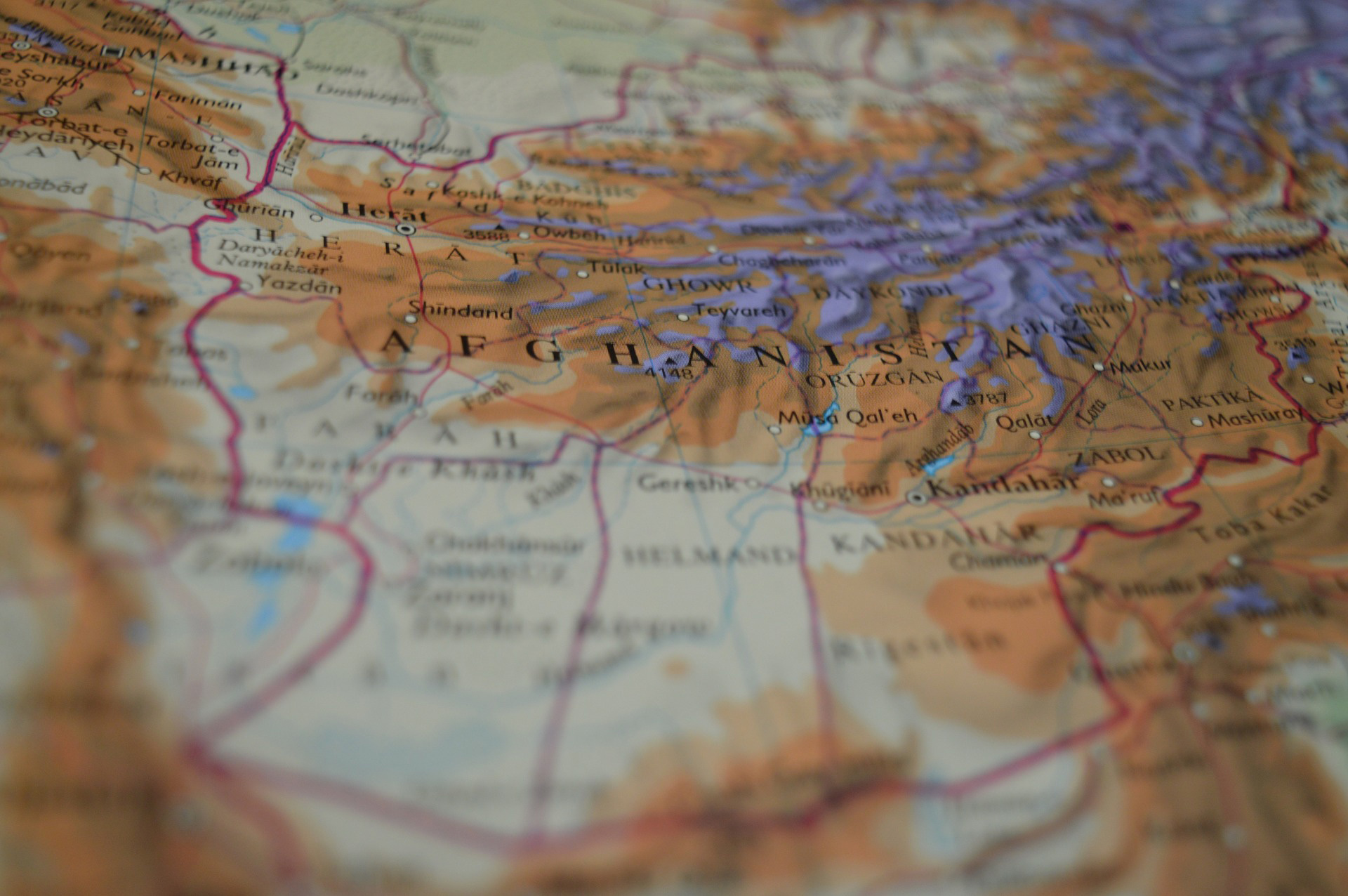We are always looking for shortcuts to make work easier for our MAPublisher users. One way to simplify your workflow is by automating some of the routine tasks that are required to make maps using MAPublisher in Adobe Illustrator. Not everyone is familiar with software automation, or even knows that it’s available in MAPublisher but if you are curious to learn more, then keep reading!
Automation tools in MAPublisher help to make simple or repetitive tasks easier and faster. Automation can be run independently or in conjunction with the FME Auto MAPublisher Plug-in which allows more advanced automation. The Automation tool can be accessed from the automation button (lightning bolt) on the MAPublisher toolbar, or by clicking in the menu Object > MAPublisher > Automation.

There are several automation options available in MAPublisher. You can use automation to create MAP Grids, apply labels, apply applicable MAP Stylesheets, and even export to geospatial PDFs. An important point to note, to use automation on a MAPublisher document, the document must be active in Illustrator.
Automating Map Views
If you’re planning to use automation, you’ll have to enable the specific options you would like to automate. For example, to import data to a matching MAP View, simply enable the MAP Views option, and select from the dropdown list the tasks that you want MAPublisher to complete. Make sure that the coordinate system of data being imported matches a coordinate system of the existing MAP View, then select one of the four actions for your data.

Automating MAP Themes
If you’re a fan of MAP Stylesheets (we all know they make our lives easier) then you can have MAPublisher apply them using automation. Enable the option and MAPublisher will apply any MAP Themes that meet the criteria to the imported data. Don’t forget to set the ‘Auto-assign’ in the specific MAP Stylesheets themselves as well since you can’t link layers that haven’t been imported yet. If the ‘Auto-assign’ properties aren’t set correctly, your data will import but the stylesheet will not be applied.

Automating Grids & Graticules
For Grids & Graticules, you can set the extents for the grid bounds with either the MAP View or a layer that you’re going to import. If you’ve already created configuration files for your grid, then select either ‘All configuration files in this folder’ or ‘Only these configuration files’ if there is a need to use only certain configuration files.
Automating Labeling
When you enable labeling, choose either MAPublisher labeling or LabelPro. You’ll also have to choose a specific setting in the MAPublisher Preferences (Edit > MAPublisher Preferences > Import MAP Data). Uncheck ‘Append feature type as the suffix on imported layer names’ to be sure that your labels import properly.
To use the regular Label Features option, set the details such as the source layer, target layer, attribute, and the style. You can add as many layers as you need with the Add Layers button on the left, and remove as necessary. If you’re using LabelPro, simply load the .lps file.

Automating Export to Geospatial PDF
Last but not least, if need your document to be exported to a geospatial PDF as the last step of the automation process, enable the option and specify the location you’d like it saved in. Once you’ve selected all of your automation settings, import your data to watch your automation work!
Enabling automation in MAPublisher can speed up your map making process, and make your workflow easier. Save yourself extra steps when working with stylesheets and grids you’ve already created, and let automation do the work for you. Simple MAPublisher magic!


